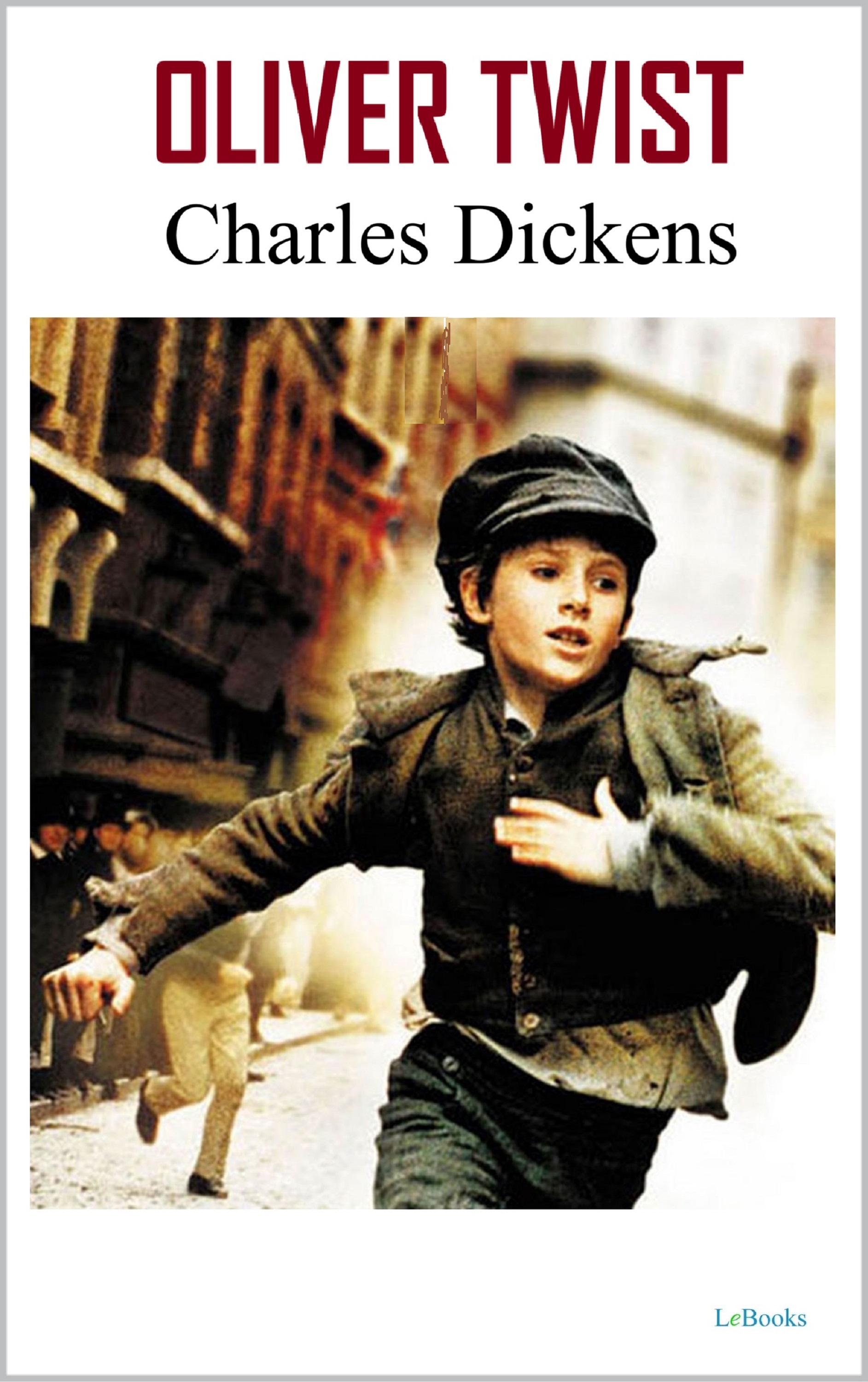
Oliver Twist, by Charles Dickens, is a landmark novel that sheds light on the harsh realities of poverty, crime, and social injustice in 19th-century England. Following the journey of a young orphan through workhouses, city streets, and criminal underworlds, the novel exposes the cruelty of institutional systems and the resilience of innocence in a corrupt world. Through vivid characters like the Artful Dodger, Fagin, and Bill Sikes, Dickens paints a gripping portrait of Victorian society's moral contradictions.
Since its publication, Oliver Twist has stood as a powerful critique of the Poor Laws and child labor, while also offering a compelling narrative of hope and survival. Dickens masterfully combines melodrama, satire, and realism, highlighting both the depravity and compassion found among the lower classes and the indifference of the elite.
The novel's enduring impact lies in its ability to humanize social issues and inspire empathy through storytelling. Oliver Twist remains a cornerstone of English literature, reminding readers of the importance of justice, compassion, and the fight against systemic oppression.